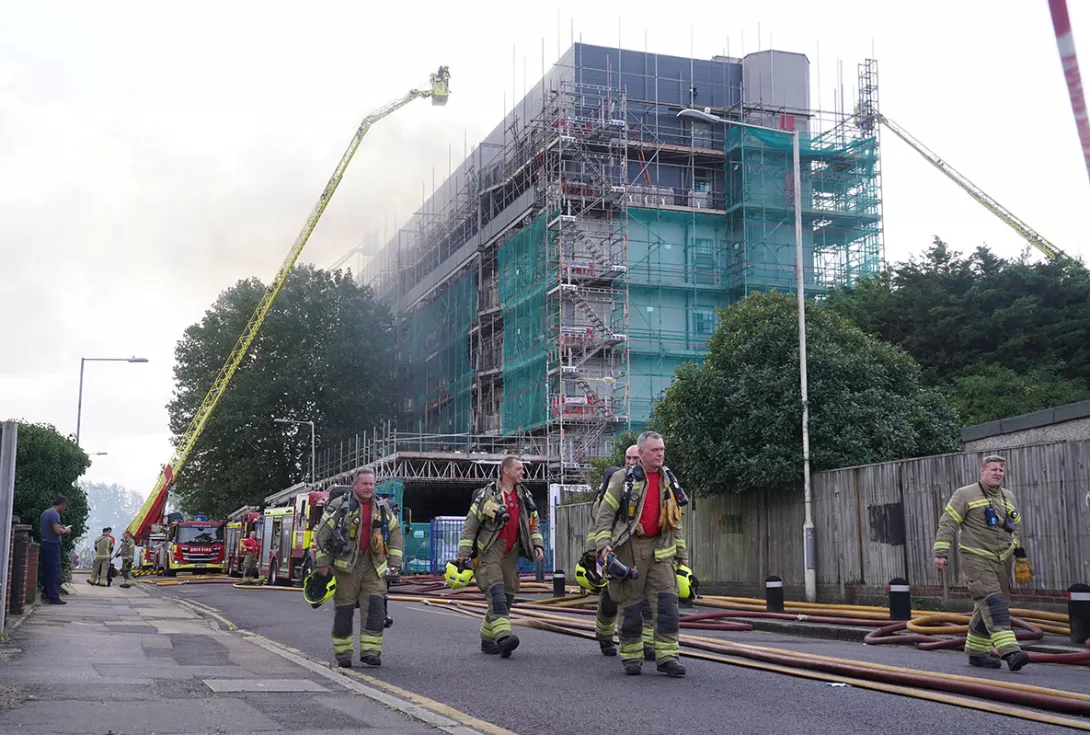VIJAY PRASHAD examines why in 2018 Washington started to take an increasingly belligerent stance towards ‘near peer rivals’ – Russa and China – with far-reaching geopolitical effects
Justice delayed, safety denied: Grenfell’s deadly legacy
Despite the damning report, cladding fires continue to threaten lives, and justice has not been done. MATT WRACK demands a radical overhaul of building safety regulations and public ownership of the inspection system
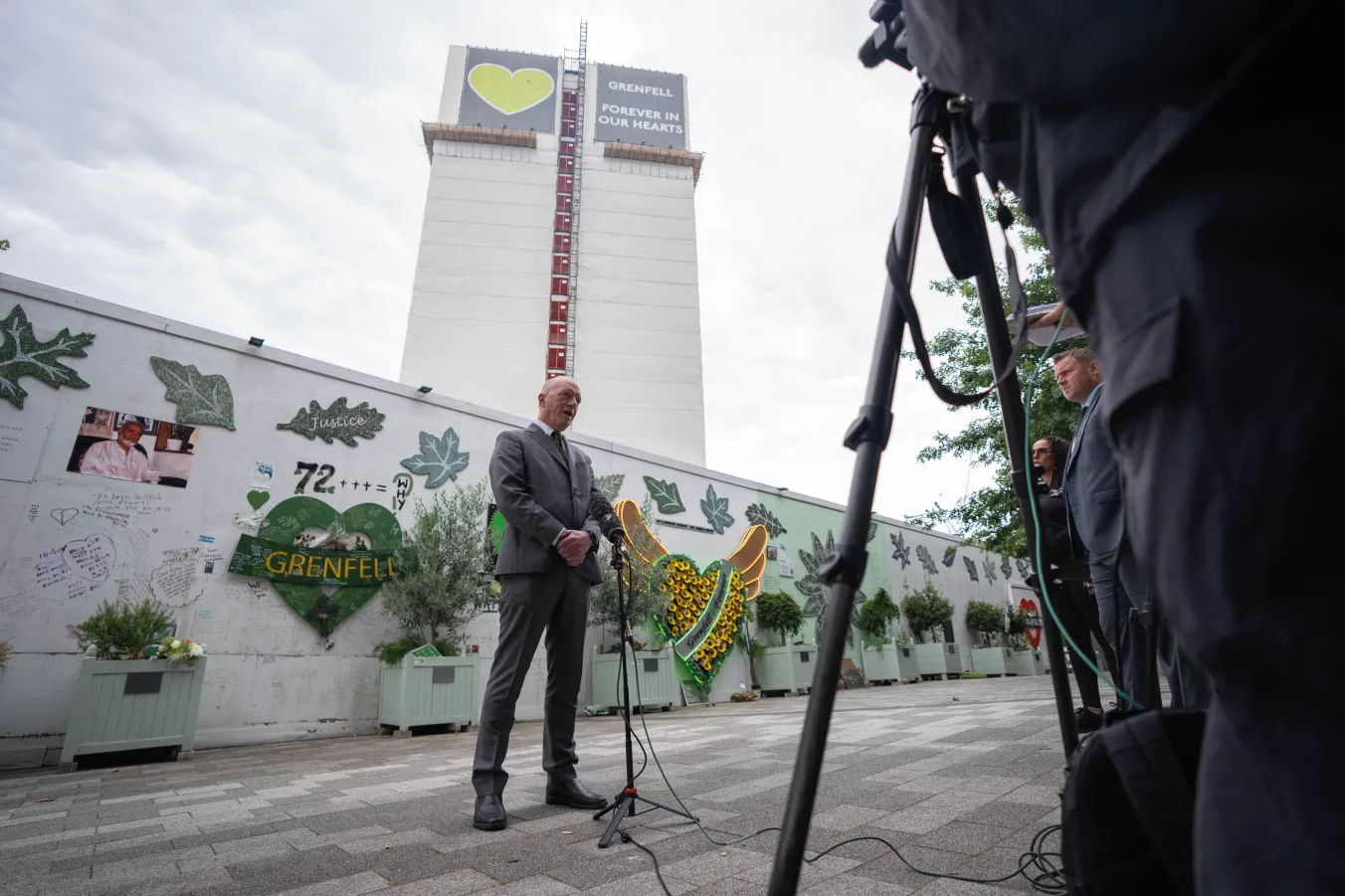
THE final report of the Grenfell Tower inquiry has now been published. In over 1,500 harrowing pages, it details the corporate greed, political decisions and criminal complacency that led to the worst domestic fire in modern British history.
Following years of interviews and evidence, and after repeated delays, the families, bereaved and survivors of Grenfell finally have an official account of the causes of the fire.
This is a time for remembering the 72 lives so tragically lost. It serves as a reminder of the deep scar that the Grenfell Tower fire has left on the community. The Fire Brigades Union (FBU) shares their grief and anger, and echoes continued calls for justice.
More from this author
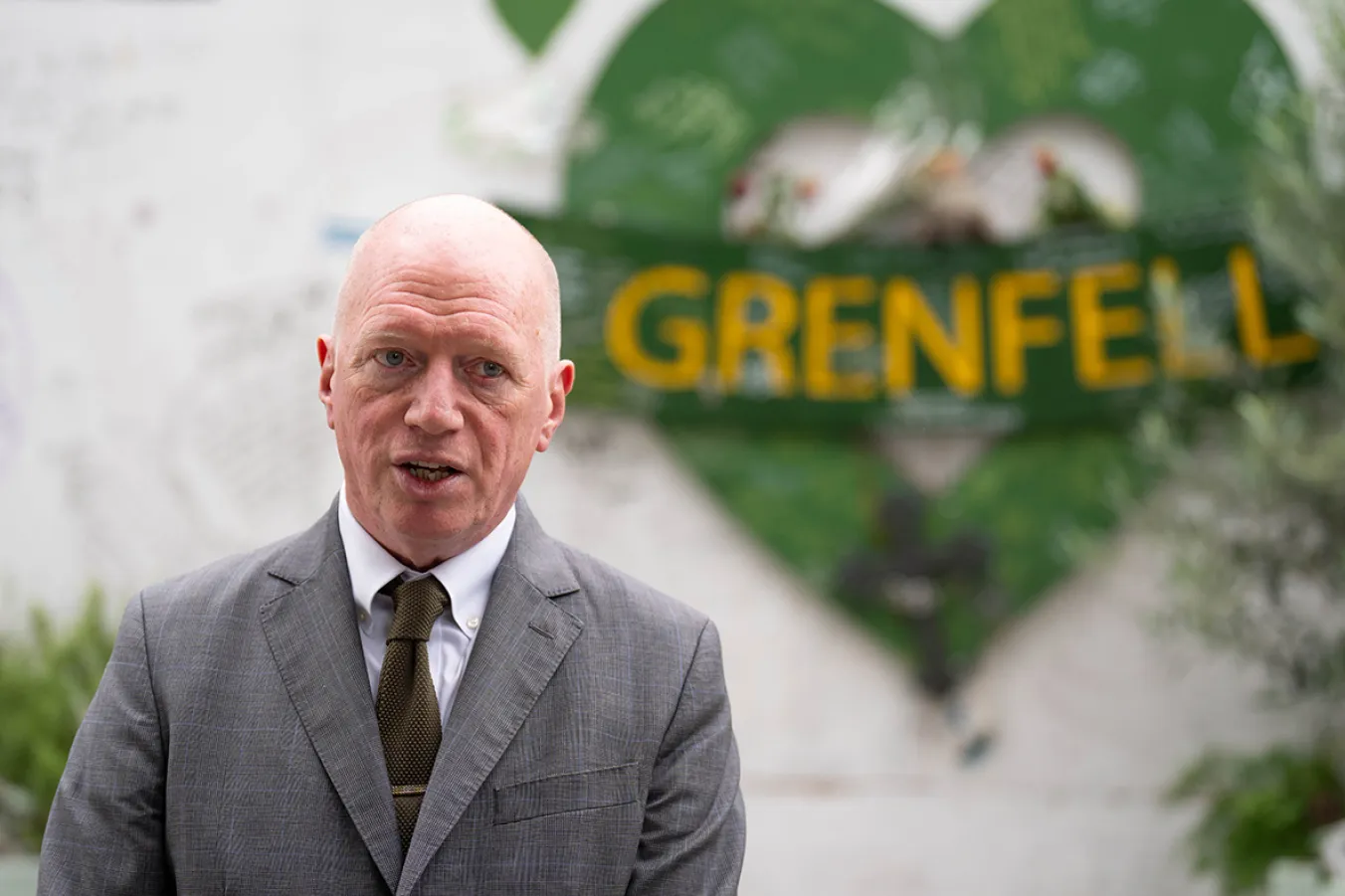
In a speech to the party conference, outgoing TUC president MATT WRACK celebrates Labour’s return to power, arguing the movement must now push for a radical shift in Britain’s power balance away from the billionaire class
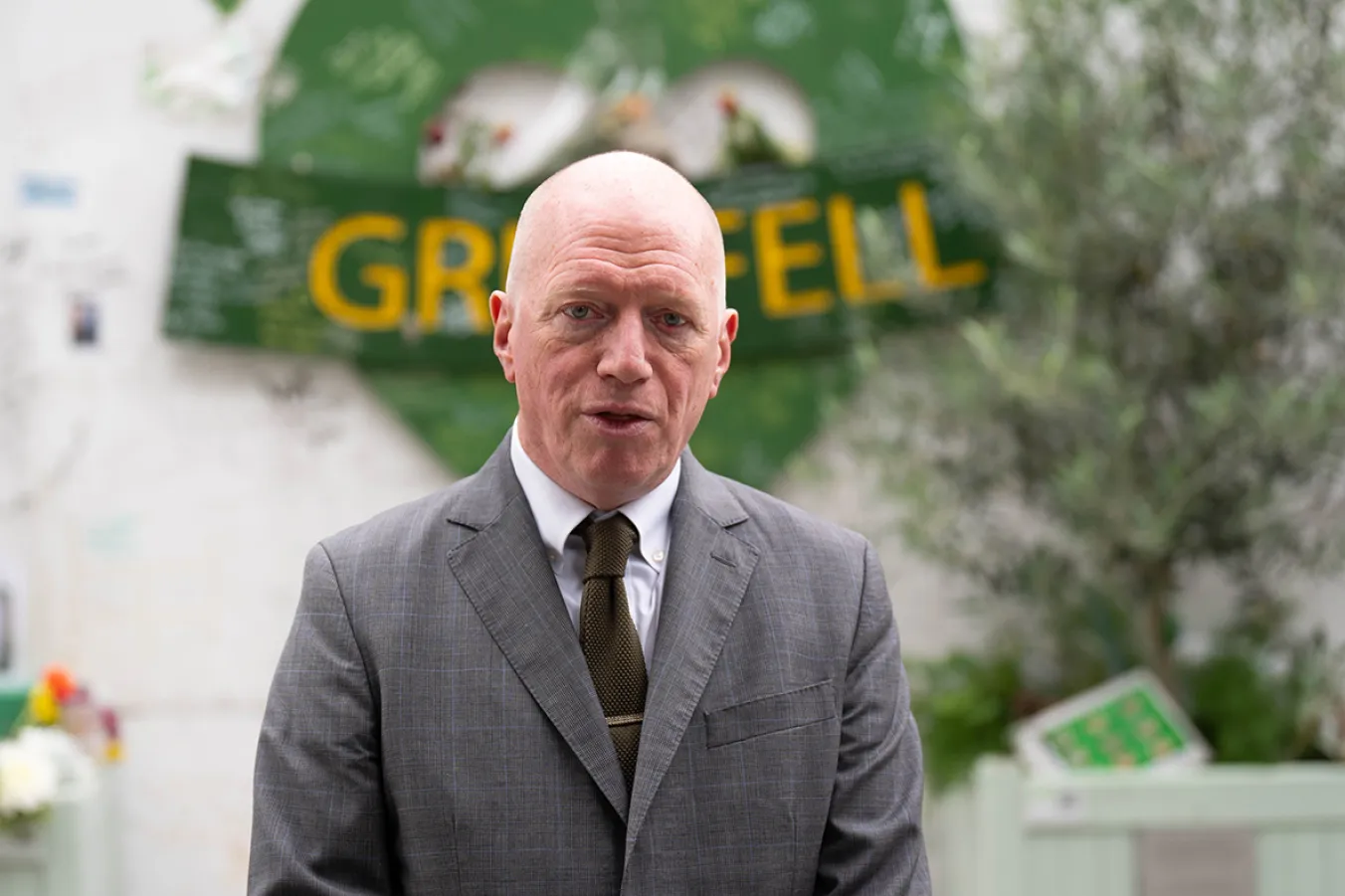
MATT WRACK outlines the FBU’s motion to the Labour Party conference, urging an overhaul of safety regulations, an end to privatisation, and preparation for the extreme weather events threatening public safety
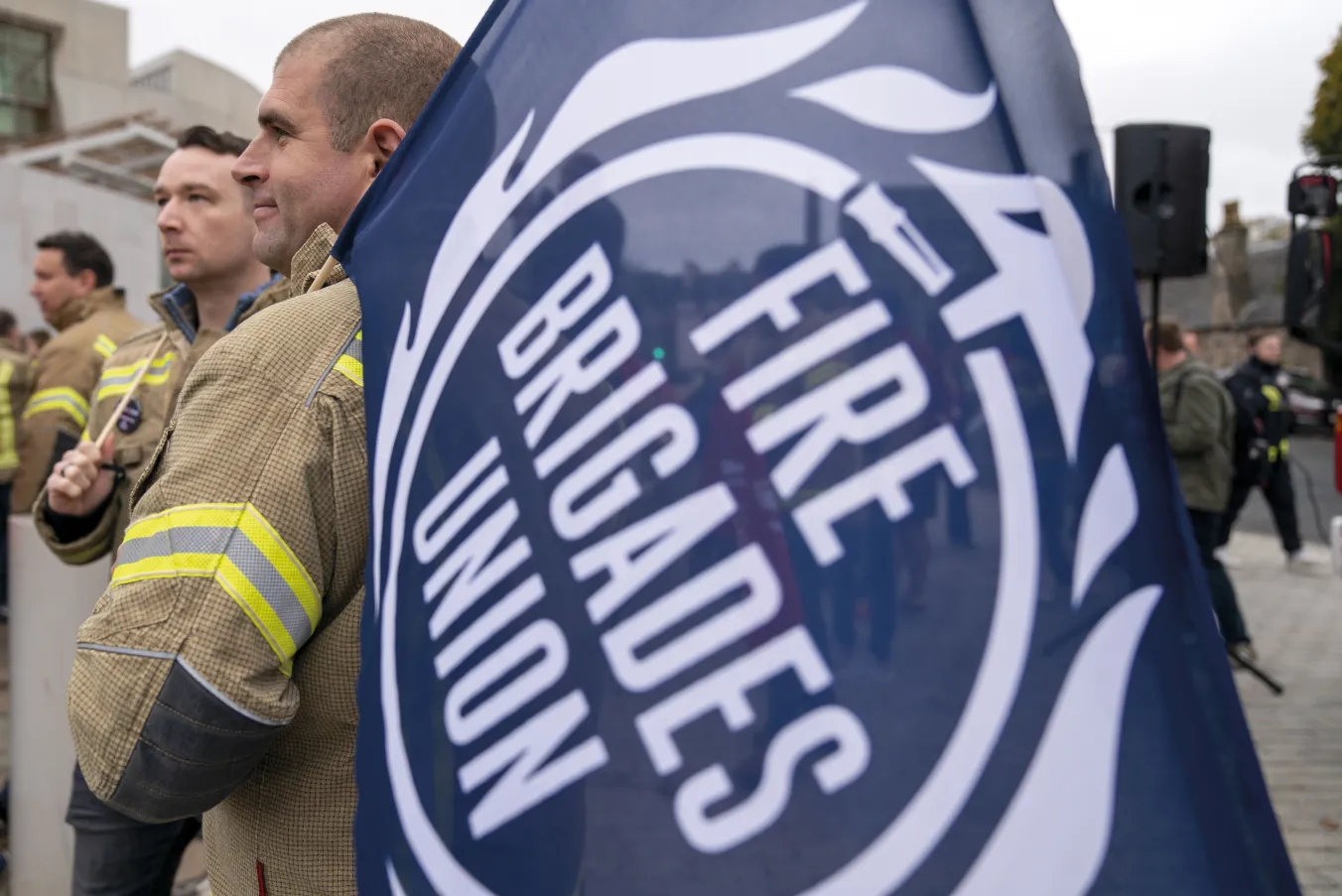
While workers must organise to push Starmer beyond his timid manifesto pledges, the scrapping of anti-strike laws and restoration of public services promised means we must vote Labour, argues MATT WRACK
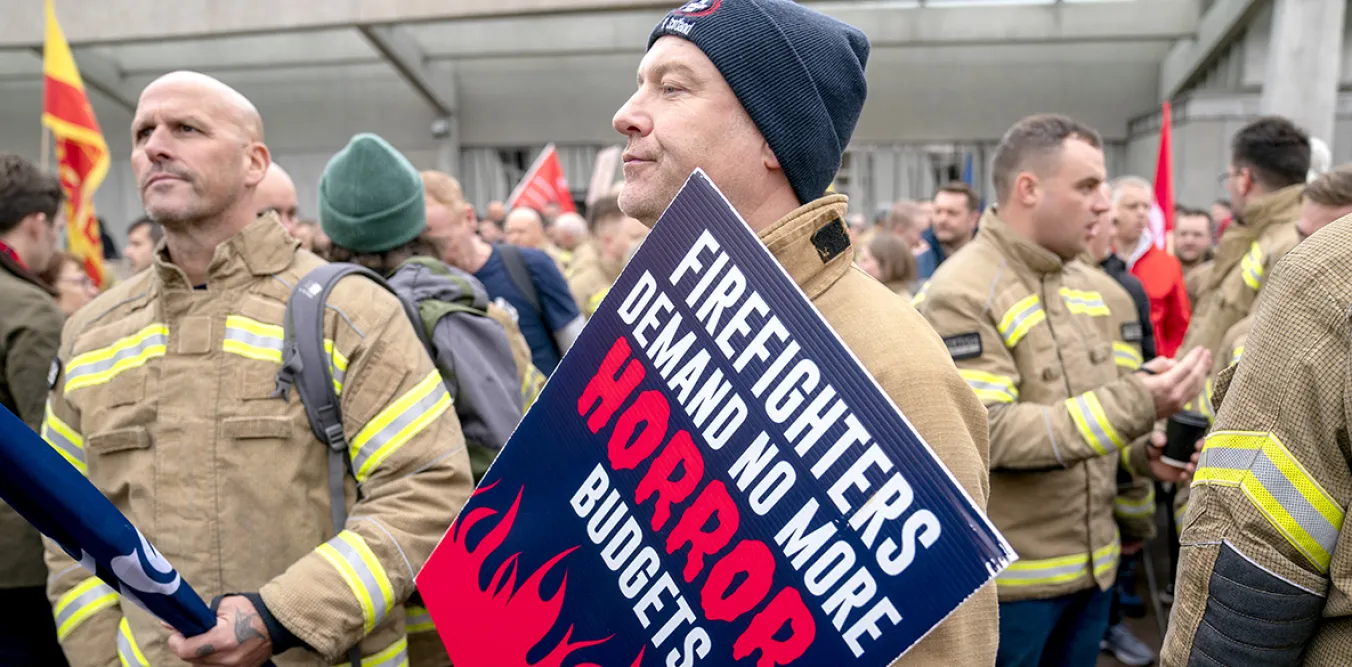
We must be prepared to mobilise and build a mass movement against the Tories’ vicious anti-union law, writes Fire Brigades Union leader MATT WRACK
Similar stories

MATT WRACK outlines the FBU’s motion to the Labour Party conference, urging an overhaul of safety regulations, an end to privatisation, and preparation for the extreme weather events threatening public safety
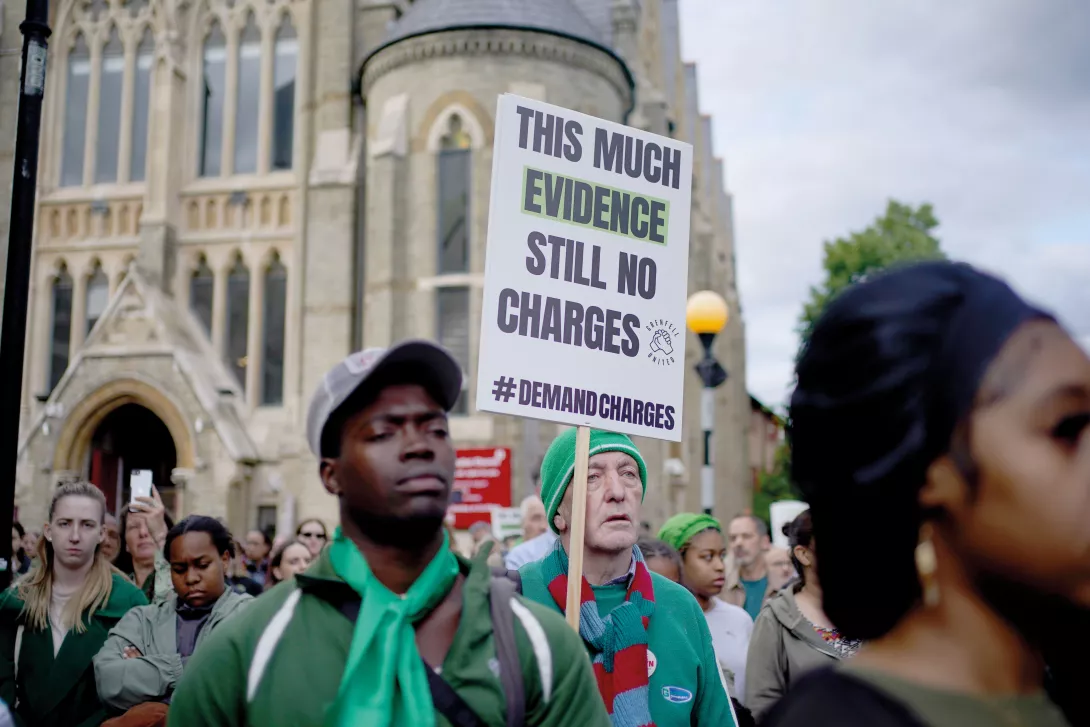
DIANE ABBOTT MP argues we need unlimited fines and jail time for the guilty firms that dodged responsibility through legal loopholes — but most of all we need an end to the ‘bonfire of red tape’ and deadly Thatcherite ideology
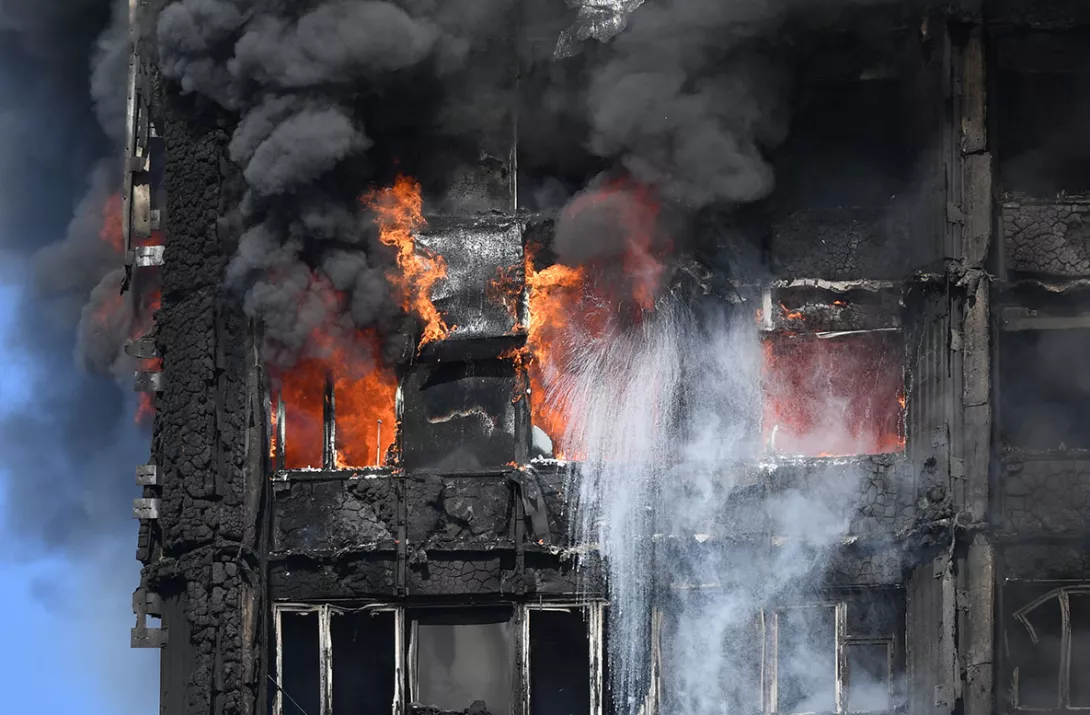
Inquiry finds fire the result of ‘decades of failure’ by the government and construction industry










